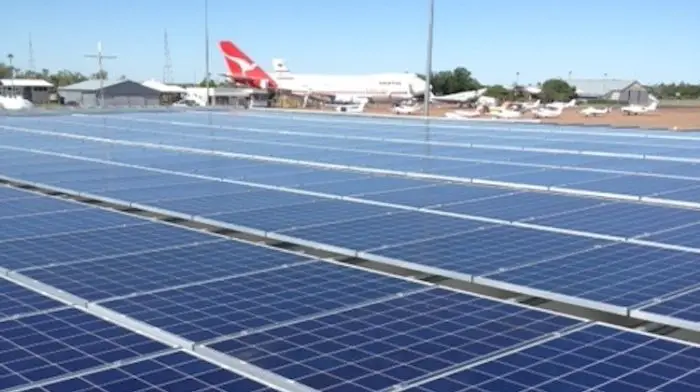Airports Company South Africa(ACSA) regional airports corporate affairs senior manager Senzeni Ndebele says the solar programme form part of ACSA’s environmental sustainability strategy, which is a chief component of the company’s 2025 plan.
Also read:First solar powered airport in South Africa opens
To date, ACSA has assembled solar power plants at the Upington, George and Kimberley airports, as part of the solar power plant project, with completion for regional airports projected by the end of 2017.
Viability studies at various stages are assessing the likelihood of installing rooftop installations at OR Tambo, King Shaka and Cape Town international airports, varying from 750 kWp to 1 500 kWp, as part of the project, says Ndebele.
He further stated that the plants will guarantee that the airports use less energy from the national grid, with the long-term plan being for airports to generate their own energy.
By 2025, ACSA’s vision is to run and develop airports, grow the company’s portfolio, and be the “most preferred partner worldwide for the provision of sustainable airport management solutions”, he adds.
ACSA’s strategy on environmental sustainability will include cheaper operation results, enhanced recycling and mounting alternative sources of energy supply.
ACSA affirmed in a media release in July that, in the past few years, it had seen heartening signs of growth in regional economic development: “It is for this reason that we maintain to develop in our local airports”.
The aviation sector worldwide faced some security threats last year, and strict immigration laws also impinged on air travel (whether for work or vacation), leading to less use of this mode of transportation, says Ndebele.
Other challenges consist of air travel cost, particularly to local airports, as less income is made, due to less people using of air travel. Environmental challenges, such as reducing carbon emissions, noise and air pollution also play a part, as airports need to work together with the relevant local government structure.

Leave a Reply